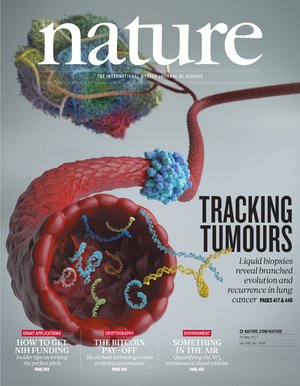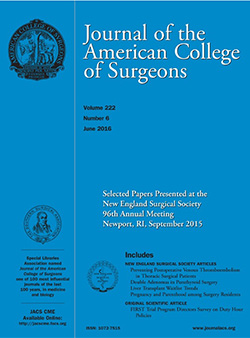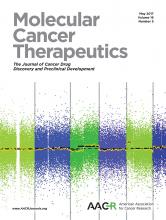 In the fall of 2015, out-of-work stem cell biologist Mavi Camarasa decided she had waited long enough. It had been three years since she and a colleague were, best they could tell, the first to successfully correct the most common cystic fibrosis mutation in stem cells derived from a patient.
In the fall of 2015, out-of-work stem cell biologist Mavi Camarasa decided she had waited long enough. It had been three years since she and a colleague were, best they could tell, the first to successfully correct the most common cystic fibrosis mutation in stem cells derived from a patient.
But her former lab director, Daniel Bachiller, had blocked her from writing even a short report, she told Retraction Watch:
He said we are not submitting at this time, wait until [the project is] complete. “Wait, wait,” is the only answer I’d had from him ever.
Though she’d left the Spanish regenerative medicine lab in 2013 to take care of an ailing parent and had mostly been scooped by another group in April of that year, Camarasa thought she still might be able to get something out of the project. She hatched a plan to make him an offer he couldn’t refuse — an already accepted manuscript where all he would have to do is attach his name at the last minute.
But this story didn’t turn out exactly how she’d hoped — and illustrates how the pressure to publish can affect researchers at different levels in the lab.
Continue reading Author of retracted gene editing paper alleges “bullying” by former PI
 A Rutgers computer scientist is retracting conference proceedings via an unusual channel: his personal blog.
A Rutgers computer scientist is retracting conference proceedings via an unusual channel: his personal blog. The fallout continues for a study conducted at a local CrossFit gym by researchers at The Ohio State University. First
The fallout continues for a study conducted at a local CrossFit gym by researchers at The Ohio State University. First  A former researcher at Johns Hopkins who voiced concerns about a now-retracted paper in
A former researcher at Johns Hopkins who voiced concerns about a now-retracted paper in  Reuters has removed a story about gender confirmation surgery, saying it included problematic data.
Reuters has removed a story about gender confirmation surgery, saying it included problematic data. A former University of Colorado Boulder graduate student is suing his ex-advisor for defamation after being shooed out midway through his doctoral program.
A former University of Colorado Boulder graduate student is suing his ex-advisor for defamation after being shooed out midway through his doctoral program.  Could a scientific paper ever be considered an advertisement?
Could a scientific paper ever be considered an advertisement? A journal has retracted
A journal has retracted  The former vice chancellor for research at the University of California, Los Angeles, has
The former vice chancellor for research at the University of California, Los Angeles, has  A top federal U.S. court has confirmed a decision by the National Science Foundation (NSF) to
A top federal U.S. court has confirmed a decision by the National Science Foundation (NSF) to